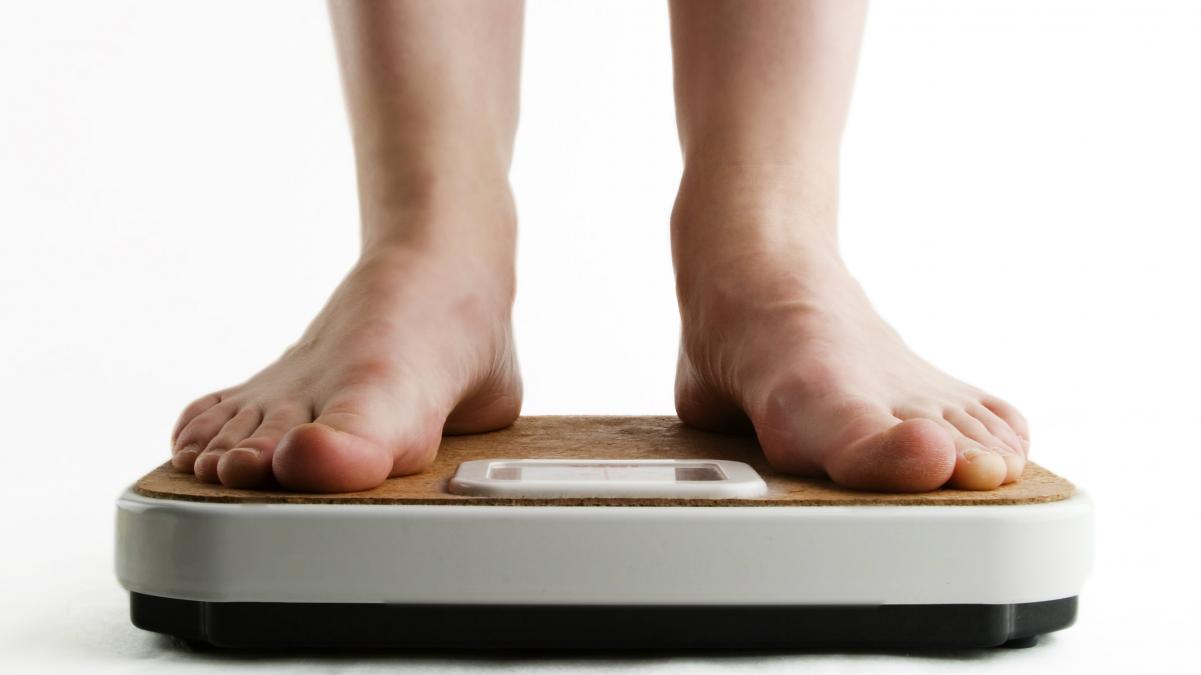Body's own built-in bathroom scales can regulate fat
According to a recent research, a group of researchers have found a previously unidentified body fat regulatory system.

New Delhi: According to a recent research, a group of researchers have found a previously unidentified body fat regulatory system.
The mechanism senses excessive body weight much like bathroom scales, signaling the brain to reduce food intake.
More knowledge about the sensing mechanism could lead to a better understanding of the causes of obesity as well as new anti-obesity drugs.
Speaking about the study, lead author John-Olov Jansson said, "Quite simply, we have found support for the existence of internal bathroom scales. The weight of the body is registered in the lower extremities. If the body weight tends to increase, a signal is sent to the brain to decrease food intake and keep the body weight constant."
The research was performed on obese rodents that were made artificially heavier by loading with extra weights.
Also Read |
Research reveals why we lose fat, muscle during infection
The animals lost almost as much weight as the artificial load. The extra weights caused body fat to decrease and blood glucose levels to improve. The study also revealed a previously undiscovered mechanism that operates to regulate fat mass entirely independently of leptin.

"The mechanism that we have now identified regulates body fat mass independently of leptin, and it's possible that leptin combined with activation of the internal body scales can become an effective treatment for obesity," explained Professor Claes Ohlsson.
Also Read: Study explores impact of obesity on bone marrow cells
Also Read |
Uncontrolled hunger in teenagers living with obesity can have several consequences
One proposition that stems from this new research is that the discovery could potentially explain a frequently observed correlation between the time a person spends sitting and increases in metabolic diseases such as obesity and diabetes.

The researchers conclude by saying, "We propose that much sitting time results in decreased loading of osteocytes in the weight-bearing long bones and, thereby, the homeostatic regulation of body weight does not activate its afferent signal to the brain, resulting in obesity."
The study was published in journal Proceedings of the National Academy of Sciences. (ANI)
 Dynamite News
Dynamite News 